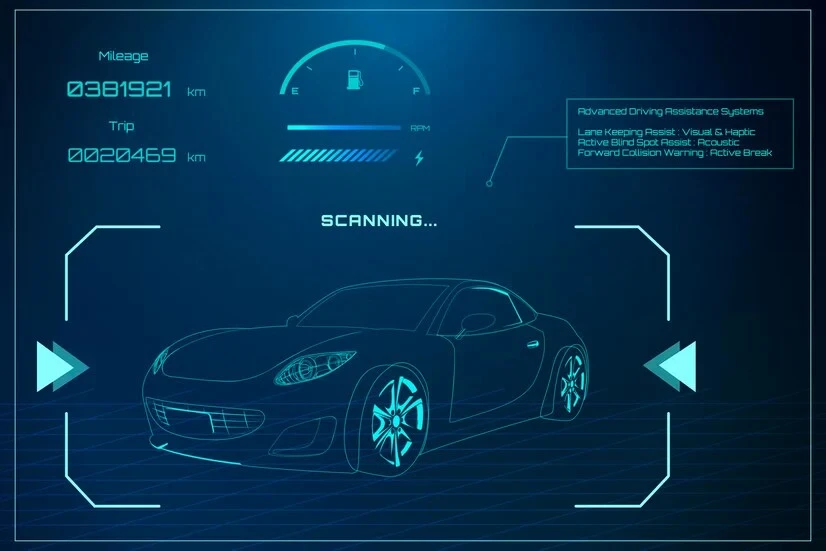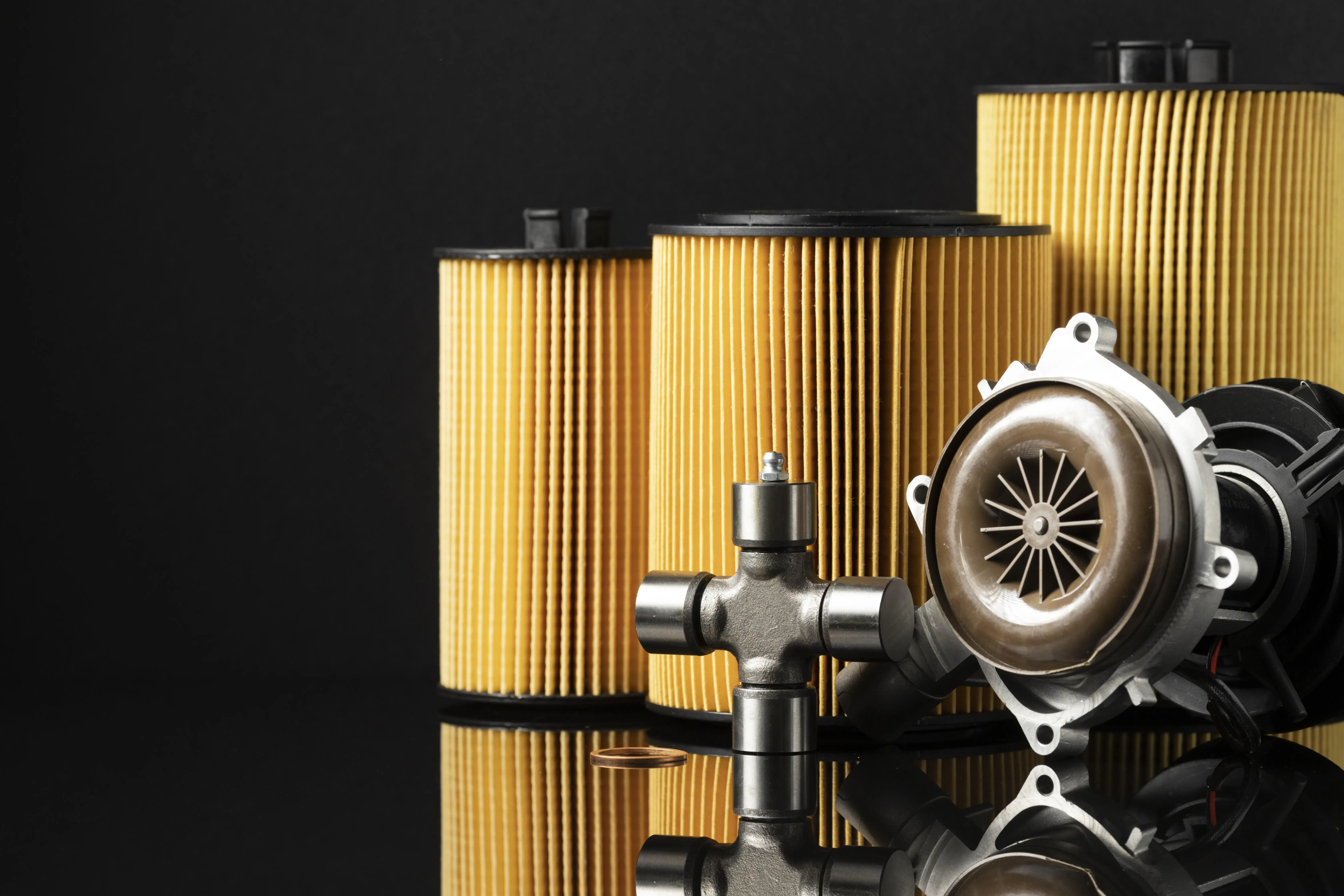
What you need to know about nanotechnology for cars
"What you need to know about nanotechnology for cars"
Nanotechnology is one of the unique technologies that have emerged in the modern era, which relies on the use of materials and their application on a nanoscale (i.e. with a size ranging between 1 and 100 nanometers) in many industries, including the automotive industry. Nanotechnology provides many benefits in improving performance, maintenance, safety, weather resistance and fuel economy, making it an essential choice for car owners looking for quality and luxury.
What are the most important applications of nanotechnology in cars?
Improving the durability of the exterior paint
Scratch- and corrosion-resistant nanocoatings are used to improve the durability of the car body.
It forms a protective layer that is resistant to ultraviolet rays, weather factors and water, especially acid rain and pollutants. , which reduces the accumulation of dirt and maintains the shine of the car for long periods.
Improving engine efficiency and fuel consumption
Adding nanomaterials to the oils and greases used in the engine to reduce friction between moving parts.
Using nanoparticles to improve fuel combustion efficiency and reduce harmful gas emissions
Smart car glass
A glass coated with a nano layer is manufactured to control the heat and lighting inside the car, which reduces the use of air conditioning and improves fuel efficiency.
Nano layers are also used to provide glass that is resistant to vapor and water through (self-repellent property).
Improving tire safety
-Specialized nanomaterials are used to improve tire resistance to corrosion and improve its performance on different surfaces. Which increases its lifespan
-Nano additives to the tire help improve the grip strength on the roads, especially in difficult conditions such as rain or snow.
Nanotechnology in sensing
By developing safety systems, nanotechnology can be used to manufacture more accurate and efficient sensors
These devices help improve smart braking systems, stability control, and driving assistance systems, which enhances overall safety.
Electric car batteries
Nanotechnology is used to improve the efficiency of electric batteries by increasing their capacity and reducing charging time.
Nanoparticles help reduce the weight of the battery while increasing its lifespan.
Reduce weight and increase durability
Nanomaterials are used to manufacture lightweight parts of the car body without compromising its strength, which leads to reduced fuel consumption and increased efficiency.
Air and exhaust filters
Nanotechnology is used to manufacture fine filters to purify the air entering the engine and reduce harmful emissions from the exhaust.
Benefits of nanotechnology in cars
Nanotechnology represents a qualitative leap in the automotive industry, as it contributes to:
-Improving the thermal efficiency of the engine.
-Reducing fuel consumption and harmful emissions.
-Reducing fuel consumption and harmful emissions.
-Increasing the life of the car and its components.
-Improving the exterior appearance and resistance to environmental factors.
-Providing a safer and more comfortable driving environment.
Ultimately
Through this technology, we are expected to see smarter and more efficient cars in the future, enhancing the driving experience and reducing the negative impacts of cars on the environment.

